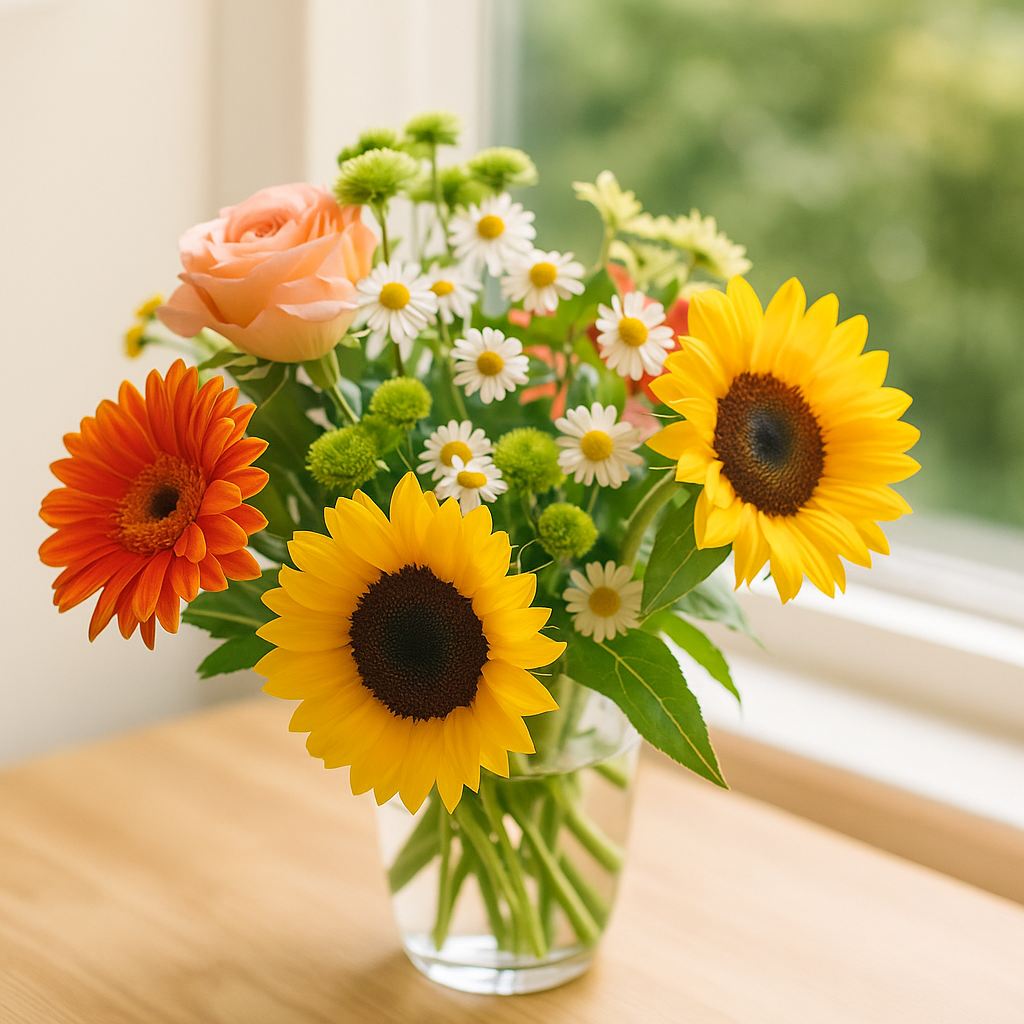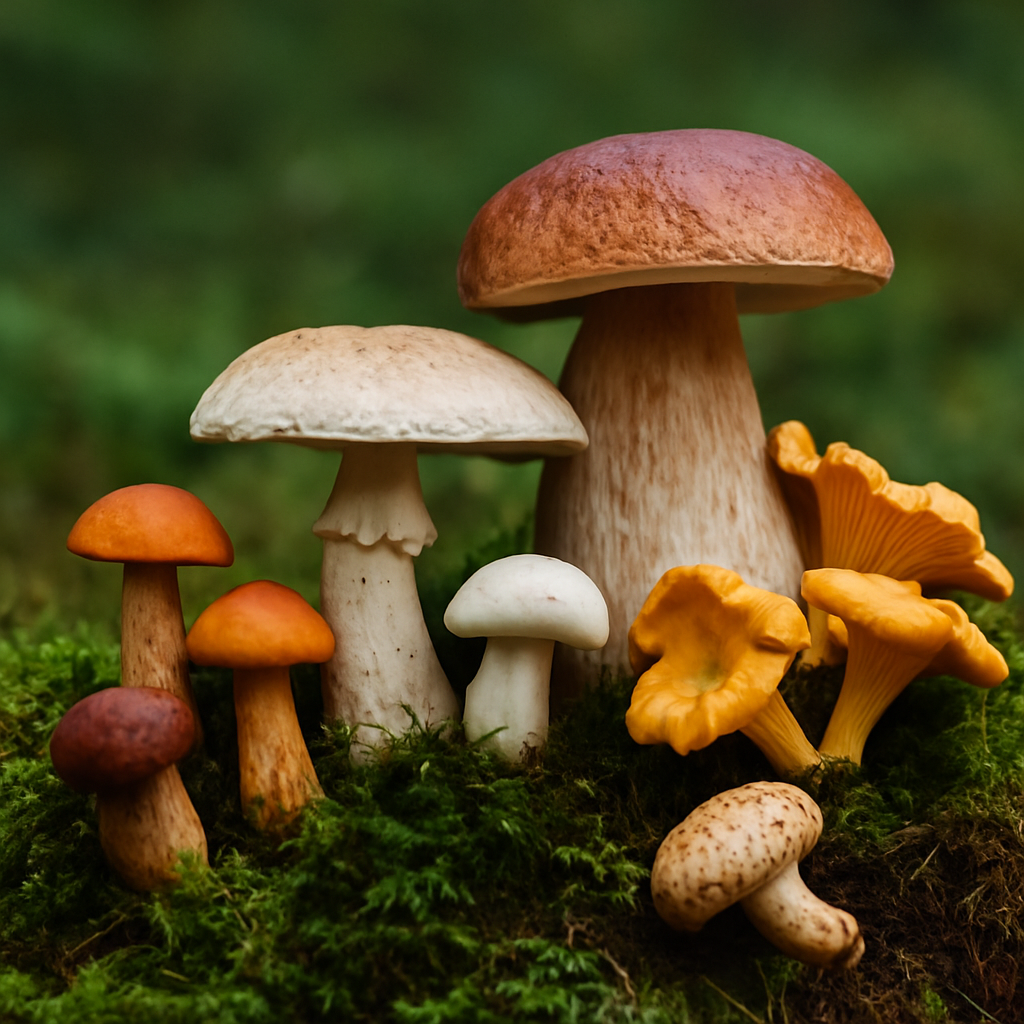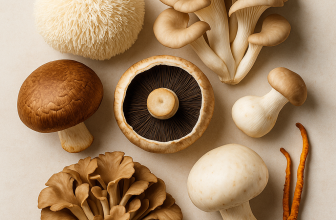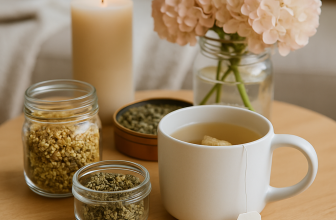
When we think of flowers, most of us picture something decorative — a beautiful bouquet on the kitchen table or wildflowers blooming along a hiking trail. But beyond their visual appeal, flowers hold a quiet power that has been woven into wellness traditions for centuries. Today, as people search for simple, natural ways to improve their well-being, flowers are once again stepping into the spotlight — not just as decoration, but as tools for self-care and balance.
A Natural Mood Booster
It’s no secret that flowers have a way of brightening a space, but studies have shown they can also brighten your mood. The presence of fresh flowers in a room has been linked to increased feelings of happiness and decreased levels of stress and anxiety. This isn’t just about aesthetics — our brains actually respond to the colors, scents, and forms of flowers on a subconscious level, triggering emotional responses.
For instance, vibrant blooms like sunflowers or daisies can create feelings of optimism and energy, while softer hues like lavender or pale pinks promote calm and relaxation. Whether in a vase, pressed in a book, or growing in a garden, flowers naturally stimulate our senses and encourage mindfulness in the moment.
The Power of Scent
Floral aromas have long been used in wellness practices, from aromatherapy to meditation. Lavender, rose, jasmine, and chamomile are just a few examples of flowers that have been traditionally used to ease tension and promote rest. Even the simple act of pausing to inhale the scent of a flower can trigger your parasympathetic nervous system — the part of your brain responsible for calming your body and slowing your heart rate.
Incorporating flower-based scents into your daily routine, whether through essential oils, herbal sachets, or natural room sprays, can offer a gentle reset during stressful moments. You don’t need a full spa day — just a breath and a bloom.
A Touch of Nature Indoors
Modern life keeps us indoors for most of the day, often surrounded by screens and artificial lighting. Flowers offer an easy, low-maintenance way to bring a touch of nature into your living space. Not only do they make a room feel more inviting, but they also encourage you to pause and connect with the natural world.
Placing a small floral arrangement on your desk, dining table, or nightstand can become a quiet daily ritual. Over time, these little reminders of nature can help you stay grounded and present, especially during busy or overwhelming seasons of life.
Symbolism and Intention
Flowers also carry deep symbolic meanings across cultures. Different blooms are associated with qualities like love, peace, renewal, and strength. By choosing flowers that align with your personal intentions, you can add a layer of meaning to your space.
For example, gifting yourself a bouquet of white lilies might serve as a reminder to slow down and embrace simplicity. A sprig of rosemary or a few stems of eucalyptus can represent healing and clarity. These symbolic gestures can act as visual affirmations — grounding your goals and emotions in something tangible and natural.
Flowers as Self-Care
Self-care often gets associated with expensive routines or trendy products, but true self-care can be beautifully simple. Buying yourself flowers, growing a small plant in your kitchen, or even just taking a moment to appreciate flowers in nature — these are all ways of caring for your mental and emotional state.
It’s about creating small moments of joy and presence. Flowers can help you do that. They ask nothing of you, but offer color, scent, and life in return.
Conclusion
Incorporating flowers into your wellness journey doesn’t require major lifestyle changes. It’s as simple as noticing them, making space for them, and allowing their natural beauty to enhance your environment. Whether you’re feeling overwhelmed or just want to cultivate more mindfulness in your day, flowers are a gentle yet powerful reminder that wellness can begin with the smallest of things.





